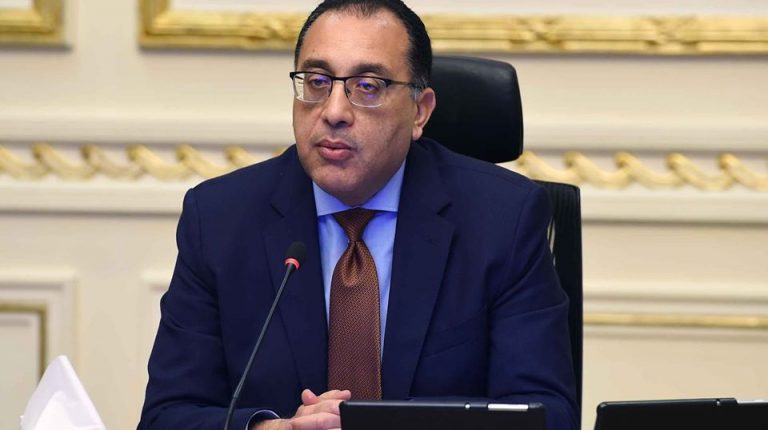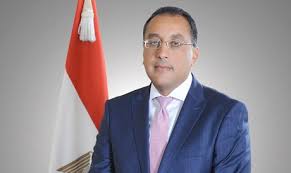Egypt Establishes National Startup Unit within Cabinet: Here’s What You Should Know
Egypt’s Prime Minister, Mostafa Madbouly, has taken a significant step towards fostering the growth and prosperity of startups in Egypt by establishing a new and permanent unit within the Egyptian Cabinet. The unit’s primary objective is to propose policies, laws, and regulations that are conducive to the development of startups in the country.
Under this decision, the unit will be led by the executive director of the General Authority for Investment and Free Zones (GAFI), who will chair its meetings. In order to fulfill its mandate effectively, the unit will have the authority to recruit experts to provide valuable assistance in their assigned tasks.

To ensure a comprehensive approach, the unit will consist of representatives from various ministries, including Supply and Internal Trade, Planning and Economic Development, Finance, Communications and Information Technology, and Trade and Industry. Moreover, it will also include representatives from the Central Bank of Egypt, GAFI, and the Micro, Small, and Medium Enterprise Development Agency (MSMEDA).
read also SWVL Gets Egypt’s First and Only Smart Transportation License
Transparency and accountability are key aspects of this initiative. The decision specifies that the unit is required to produce a quarterly report, detailing the outcomes of its work, along with recommendations and implementation strategies.
In line with his commitment to supporting the entrepreneurial ecosystem, Prime Minister Madbouly convened a meeting on June 5 to discuss proposals aimed at nurturing and stimulating entrepreneurship. The gathering was attended by influential figures such as Mohamed Farid, Chairman of the Financial Regulatory Authority, Hossam Haiba, CEO of GAFI, and Basil Rahmi, Chairman of MSMEDA.
During the meeting, the Prime Minister reaffirmed the government’s dedication to fostering and supporting the entrepreneurial environment. He emphasized the need for swift and decisive action to stimulate and streamline the processes involved in establishing startups. Additionally, Madbouly highlighted the significance of developing an electronic platform dedicated to the establishment of startups. This platform would enhance efficiency and ease the overall process, making it more accessible to aspiring entrepreneurs.
read also Ivory Coast Startup Bill Successfully Nears Passage after Clearing Vital Final Stage
With the creation of this startup unit in the Egyptian Cabinet, Egypt demonstrates its commitment to nurturing innovation and entrepreneurship. By fostering a supportive ecosystem and implementing streamlined procedures, the government aims to drive the growth of startups and facilitate their contribution to the country’s economic development.
startup unit Egypt startup unit Egypt
Charles Rapulu Udoh

Charles Rapulu Udoh is a Lagos-based lawyer, who has several years of experience working in Africa’s burgeoning tech startup industry. He has closed multi-million dollar deals bordering on venture capital, private equity, intellectual property (trademark, patent or design, etc.), mergers and acquisitions, in countries such as in the Delaware, New York, UK, Singapore, British Virgin Islands, South Africa, Nigeria etc. He’s also a corporate governance and cross-border data privacy and tax expert.
As an award-winning writer and researcher, he is passionate about telling the African startup story, and is one of the continent’s pioneers in this regard






